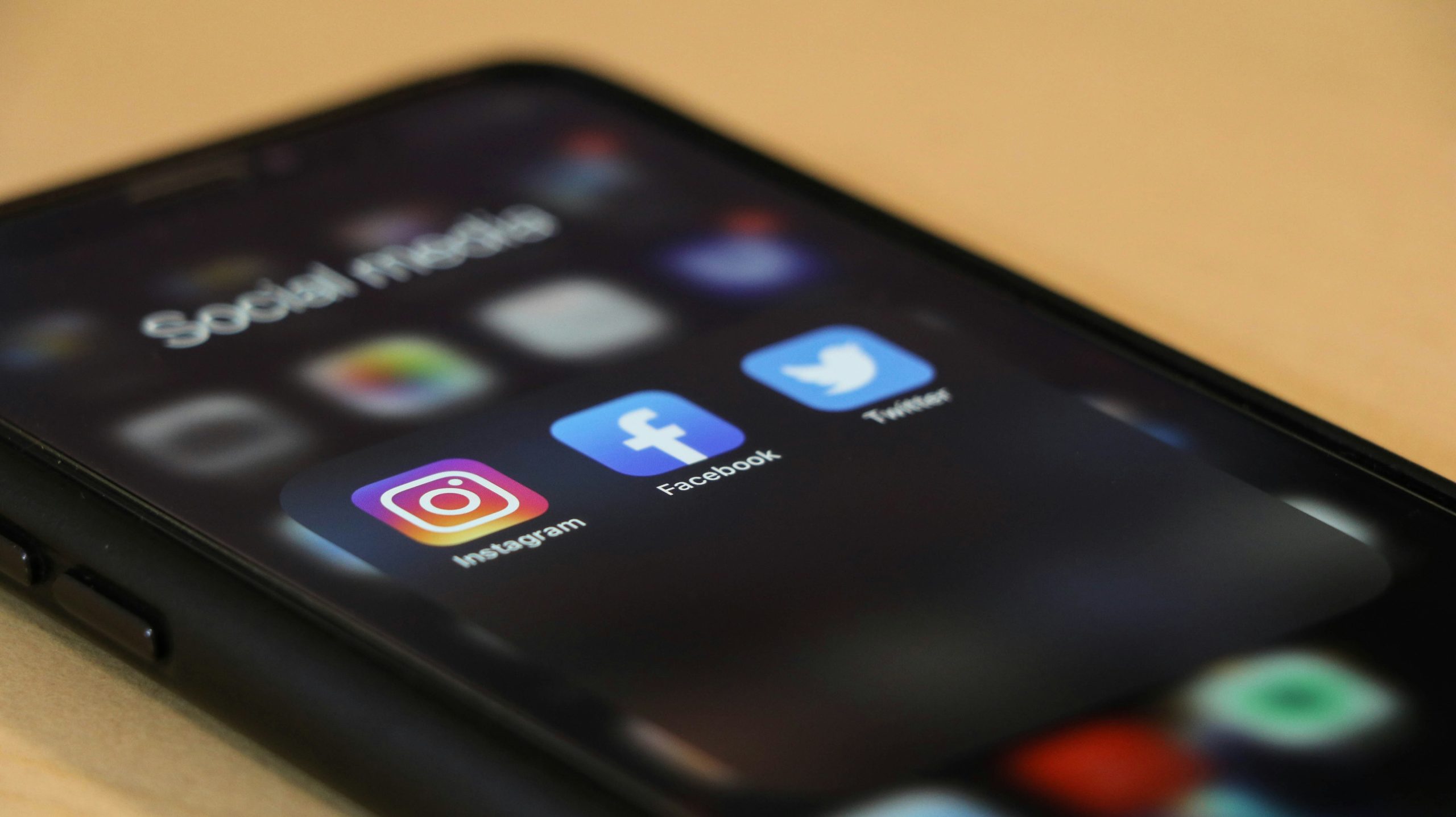The Social Media Paradox | INFO TRENDING ZONE
In the digital age, social media platforms have risen to prominence, weaving themselves into the fabric of our daily lives. They promise unparalleled connectivity, offering instant access to friends, family, and a global community. Yet, as we navigate this interconnected world, a paradox emerges: while we are more connected than ever before, there’s a growing sense of isolation and loneliness among individuals. This article explores the social media paradox, delving into its impact on personal relationships, mental health, and society’s fabric.
The Digital Town Square
Social media has transformed the way we communicate, share information, and express ourselves. Platforms like Facebook, Twitter, Instagram, and TikTok serve as digital town squares where users can engage with a diverse array of content, perspectives, and cultures. They democratize information dissemination, allowing anyone with an internet connection to broadcast their voice to the world. This has empowered marginalized groups, enabled social movements, and facilitated a broader understanding of global issues.
The Isolation Conundrum
Despite these advances, there’s a growing body of research indicating that excessive social media use is correlated with feelings of loneliness and isolation. The very tools designed to connect us can, paradoxically, make us feel more detached from meaningful human interactions. The curated nature of social media content often presents an idealized version of life, leading to comparisons, dissatisfaction, and a sense of inadequacy among users. The superficial interactions on these platforms rarely substitute for the depth and richness of face-to-face relationships.
Impact on Mental Health
The social media paradox extends deeply into mental health concerns. Platforms can become echo chambers, amplifying negative emotions and contributing to issues like anxiety and depression. The pressure to maintain a certain online persona, coupled with the constant bombardment of notifications, can lead to digital burnout. Young people, in particular, are vulnerable, as their self-esteem and identity formation are heavily influenced by social media engagement and feedback.
Shifting Social Norms
Social media has also reshaped social norms and expectations. The concept of privacy has evolved, with many willingly sharing personal information and moments publicly. This shift raises concerns about data privacy, consent, and the potential for misuse of personal information. Additionally, the speed and scale at which information (and misinformation) spreads on social media challenge traditional media’s role and raise questions about accountability and trust in the digital age.
Finding Balance in a Connected World
The key to navigating the social media paradox lies in finding balance. It’s crucial to cultivate awareness of how these platforms impact our well-being and to take proactive steps to mitigate negative effects. This might include setting boundaries around usage, engaging in digital detoxes, and prioritizing face-to-face interactions. Education plays a vital role in equipping users with critical thinking skills to navigate the complexities of online information and interactions.
Towards Healthier Digital Communities
The future of social media depends on concerted efforts from platforms, policymakers, and users to foster healthier online environments. This involves designing algorithms that promote positive content, creating tools to support mental health, and implementing policies that protect privacy and deter harmful behaviors. Community standards must evolve to encourage respectful and constructive interactions, while providing support for those affected by the darker aspects of social media.
Conclusion
The social media paradox challenges us to reconsider our relationship with digital platforms and their role in our lives. As we strive for connection in this age of isolation, it’s essential to remember the value of authentic human relationships and the importance of nurturing our mental and emotional well-being. By seeking balance and advocating for healthier digital spaces, we can harness the positive power of social media while mitigating its pitfalls. The journey towards a more connected and compassionate digital world is complex, but with collective effort and mindfulness, it’s within our reach.
Read More Content On InfoTrendingZone Click Here…
